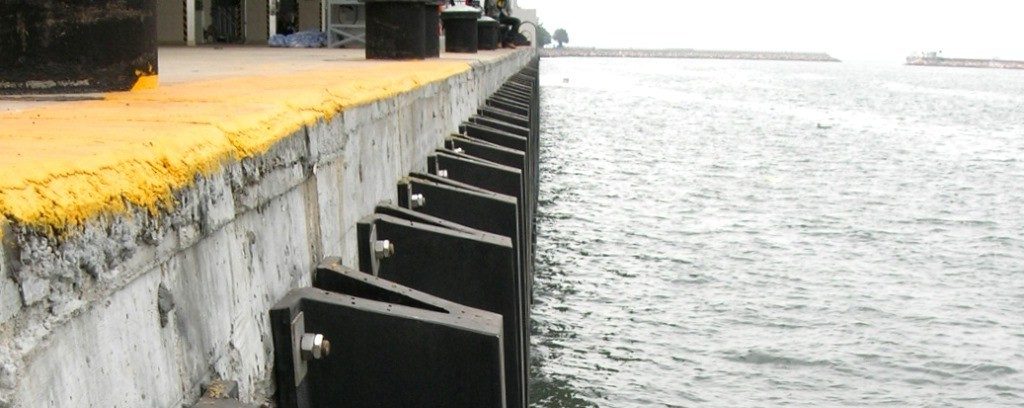In 2015, there was an increase in the amount of unscheduled downtime ports endured because of problems with their fenders, a report has revealed.
Trelleborg’s barometer report surveyed port owners, operators, contractors and consultants across the world and found that 60% of them have experienced unscheduled downtime due to fender damage. This is an increase on the 20% who experienced it in 2014.
Problems with fenders may be explained by the report’s finding that only 36% of respondents carried out the recommended annual inspections and maintenance of their fenders. Over 60% only carried out inspections and maintenance every two to ten years.
Richard Hepworth, president of Trelleborg’s marine systems operation, said: “Given the lack of regular inspections and maintenance, it’s unsurprising that 50% of port owners are saying they have had to upgrade their fender systems within the last ten years.”
“However, this is only half the story,” Hepworth continued, “before maintenance becomes an issue, fenders must be manufactured correctly, using the best design and the right materials and go through stringent testing to make absolutely sure these mission-critical components protect port infrastructure over a long and demanding service life, minimising maintenance requirements.”
On this issue, there seems to have been progress as the report found that more respondents are now asking manufacturers to specify the exact sources or compounds for materials for fenders. More of them are also requesting or commissioning third-party testing on fenders before use.
This means that fewer ports are relying on test certification (PIANC), which Trelleborg’s report said is not a check of certification. “These results show an extremely positive shift in the mindset of the market,” the report said.
The report also found that more ports are investing in capital expenditure to cope with the increasing size of ships. Despite this, 29% of respondents said the port industry is lagging behind when it comes to reacting to bigger ships. Just over 50% said ‘the industry is keeping up but upgrades are being made on a more reactive than proactive basis’ and 19% said the industry is responding well.
This expenditure is despite the fact that nearly 30% of respondents said their ports had suffered decreasing throughput in the last twelve months. Just 15% said their throughput had increased by more than 6%.
The survey also showed that automation has advanced further. In 2014, 19% said they don’t use any automated systems at all but in 2015 this figure dropped to just 7%.
Story Courtesy: Container Management


